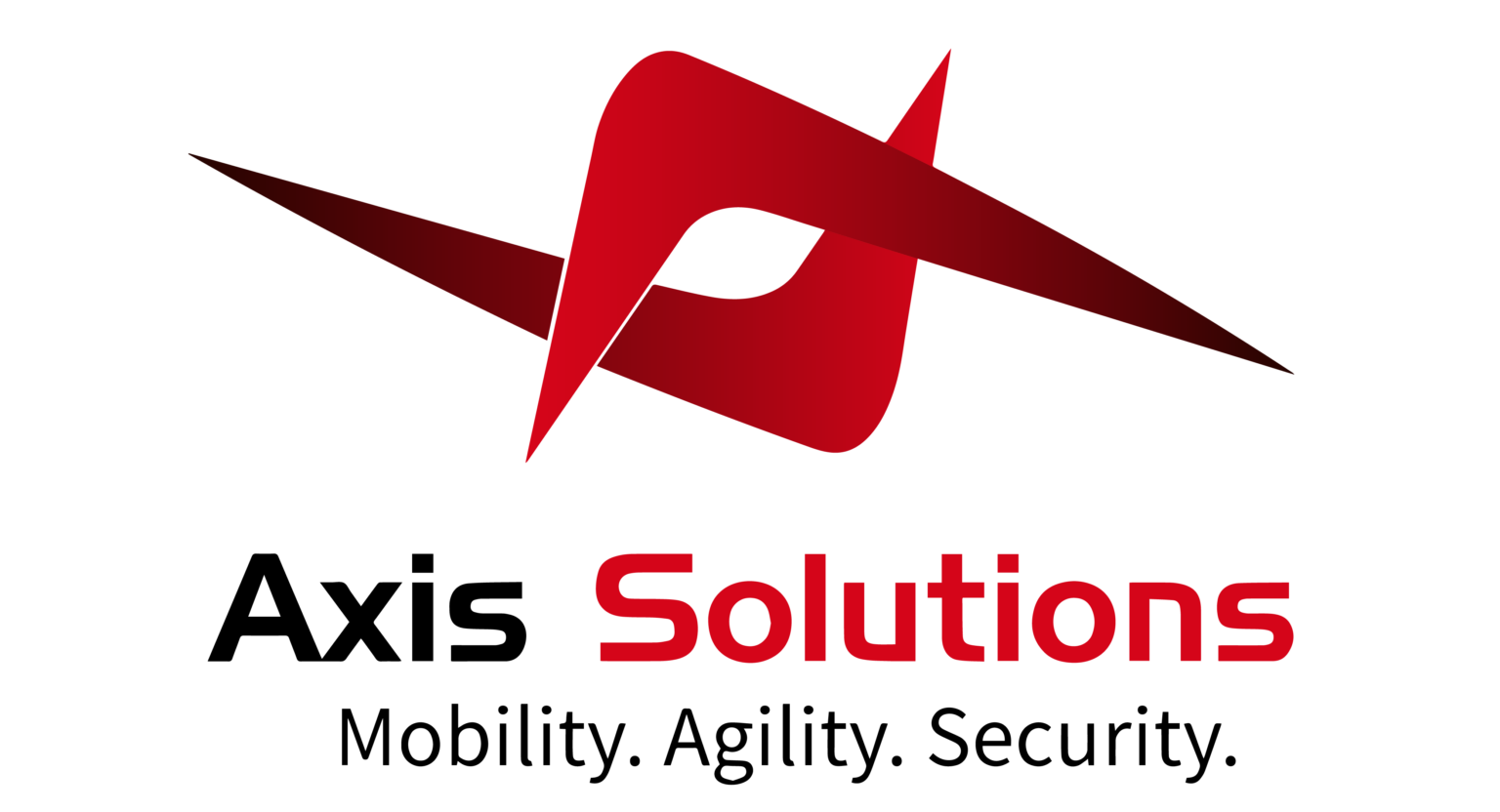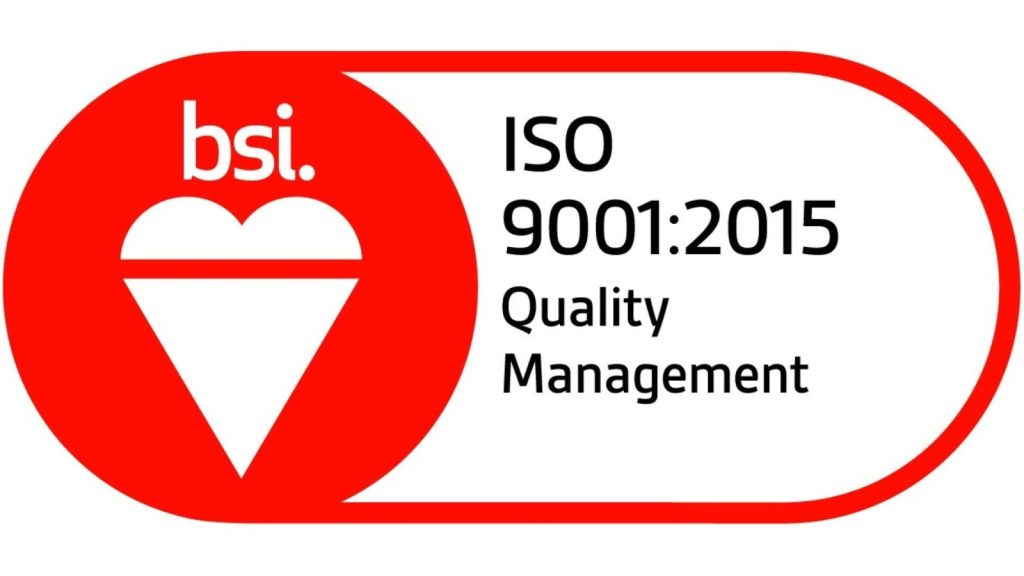In today’s digital age, businesses of all sizes seek efficient and streamlined operations to stay competitive. Enterprise Resource Planning (ERP) systems play a crucial role in integrating various business processes, enabling organizations to manage their resources effectively. With the advent of cloud technology, businesses now have the option to choose between cloud-based ERP and on premise ERP solutions. In this article, we will explore the advantages of cloud-based ERP and how it can streamline your business operations compared to on premise ERP. By definition an ERP is a software that organisations use to manage day to day business activities.
One of the key benefits of cloud-based ERP is its accessibility. With a cloud-based solution, employees can access the system from anywhere with an internet connection, enabling remote work and improving productivity. This flexibility allows businesses to streamline operations by empowering employees to work efficiently, whether they are in the office, on the go, or working from home.
Cloud-based ERP offers scalability that is unmatched by on premise solutions. As your business grows or experiences seasonal fluctuations, cloud-based ERP allows you to easily scale up or down your usage and resources. You can add or remove users, increase storage capacity, or activate additional functionalities without the need for significant hardware investments or infrastructure changes. This scalability ensures that your ERP system aligns with your business needs while optimizing costs.
Implementing an on premise ERP system can be a time-consuming and resource-intensive process. It requires hardware setup, software installation, and ongoing maintenance, all of which can strain your IT department. In contrast, cloud-based ERP solutions can be deployed rapidly, often within a matter of weeks or even days. The cloud provider handles infrastructure setup, software updates, security patches, and backups, reducing the burden on your IT staff. This allows your team to focus on core business activities rather than managing IT infrastructure.
Cloud-based ERP systems offer the advantage of continuous updates and innovation. The cloud provider is responsible for system maintenance, ensuring that you have access to the latest features, enhancements, and security patches without any additional effort from your end. This keeps your ERP system up to date and enables your business to leverage the latest technologies and functionalities, enhancing operational efficiency and competitiveness.
These solutions often come with built-in integration capabilities, enabling seamless data exchange with other cloud-based applications. This promotes collaboration among different departments and facilitates a unified view of business operations. Integration with customer relationship management (CRM) systems, e-commerce platforms, supply chain management tools, and other business applications streamlines processes, reduces manual data entry, and improves data accuracy. This integration enables real-time visibility and data-driven decision-making, enhancing overall operational efficiency.
Conclusively, cloud-based ERP systems have revolutionized the way businesses streamline their operations. The accessibility, flexibility, scalability, reduced IT burden, continuous updates, and integration capabilities offered by cloud-based ERP solutions make them a compelling choice for organizations seeking efficiency and agility. By adopting a cloud-based ERP system, businesses can optimize their resource management, improve collaboration, and respond swiftly to market dynamics. As technology continues to advance, cloud-based ERP will undoubtedly play a vital role in driving business growth and success in the digital era.


